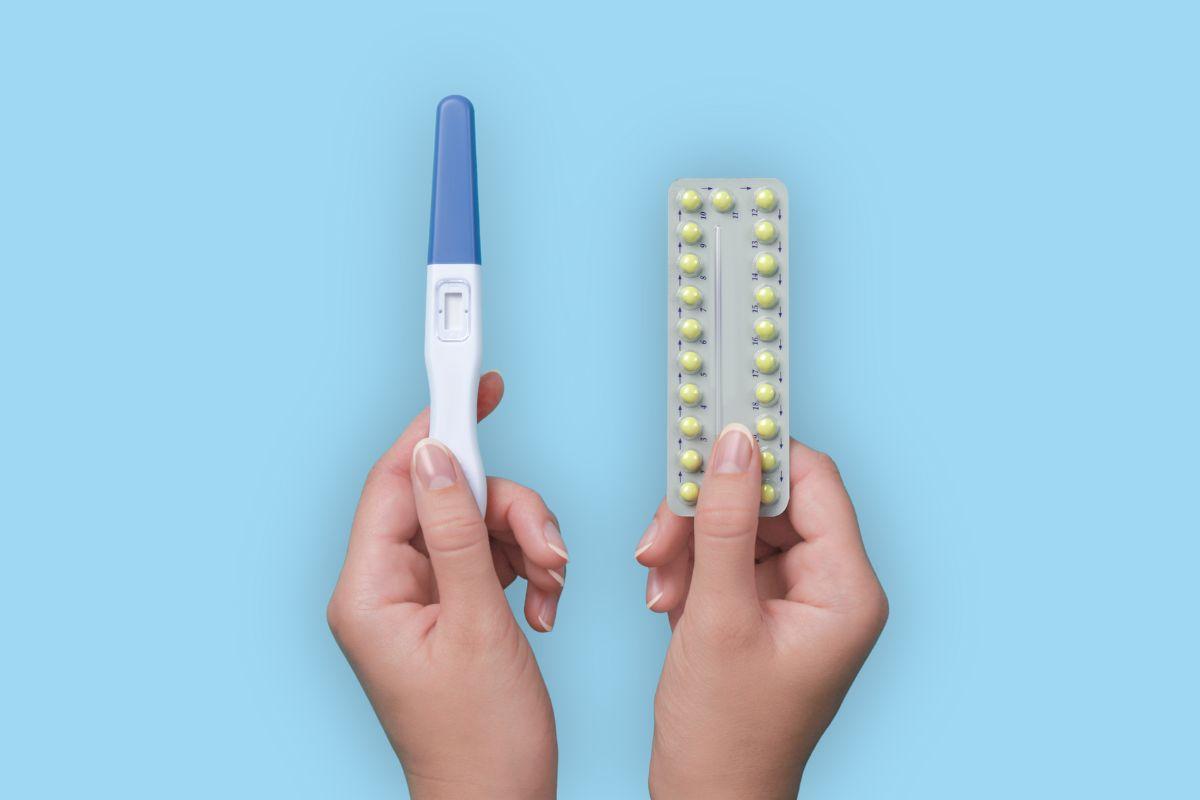Tinnitus is the abnormal perception of sound in the ear and affects over 30% of the population at some point in their lives. 13% of people describe having persistent tinnitus, and a smaller proportion finds this condition severely affects their quality of life.
Broadly speaking there are two different forms of tinnitus, objective and subjective tinnitus. Objective tinnitus is when doctors are able to locate the source of the tinnitus such as a pulsing tumour in the ear, or muscle spasm in the throat etc. Subjective tinnitus is when no obvious cause is found, and this is by far the most common.
What causes Subjective Tinnitus?
Unfortunately, we currently do not know why this happens to some people and not others. We know that hearing loss often brings on tinnitus, even for a short time. Most people who are left in a soundproof room long enough will experience a tinnitus sound eventually. Even short-lived infections of the ear that temporarily affects the hearing can lead to tinnitus, which occasionally lasts long term.
People often believe that the source of the tinnitus is in the ear, but in the vast majority of people, this is not actually the case. Even if the tinnitus was first caused by hearing loss after exposure to loud noise or explosion, the ear is not the culprit. We know this because destroying the ear in an operation will often make the tinnitus worse, not better. The problem seems to be in the parts of the brain that process this sound, and not in the ear.
How can you treat Tinnitus?
There are now a number of strategies available to patients to treat tinnitus. The most common method is to distract the brain from the noise and therefore train the brain to no longer hear the sound. This is similar to wearing a ring, watch or glasses. When you first wear these items, it is annoying and irritating, but with time the experience becomes far more benign to the point you no longer care about it. With tinnitus, it becomes harder to hear the noise, and that is effectively what we want for our patients. Distraction techniques work well early on in the condition, and with mild levels of noise. A good example of this is the provision of hearing aids. Even though the patient does not strictly require hearing aids to function normally during the day, the addition of better hearing in mild hearing loss gives the brain something new to listen to, like road-noise, outdoor animal noises (birds chirping etc). This additional sensory information gives the brain something interesting to listen to and therefore stops listening to the tinnitus. People often say to me that they do not hear their tinnitus when they are in noisy environments, this is a similar situation that hearing aids are trying to recreate.
People also state that they don’t hear their tinnitus when they are having fun, or out talking with their friends. This does not necessarily mean that they are in a particularly noisy environment, but that their brains are distracted from the noise. So playing computer games in silence or reading something very interesting will also lead to similar distraction and further quietening of the tinnitus. The trick is to keep distracting the brain, and with time the brain stops exposing you to the tinnitus noise until you are less affected by it. Many people listen to music to go to sleep or even the white noise between radio channels. Tinnitus is often worse at night because the environment is quiet and you have nothing to think about apart from the annoying noise in your ears.
There are some sound therapies that might also help patients with more severe tinnitus. Using a sound similar to the patient’s tinnitus noise can be transmitted into the ear to again give the brain something ‘real’ to listen to, although this technique is not ideal for everyone. Another option is to provide an exactly opposite sound into the ear which will reduce the noise level to a degree. This works best in those patients with a pure tone type of tinnitus, rather than the white noise variety.
In those people where this retraining method does not work, it may be worthwhile considering rTMS (repetitive transcranial magnetic stimulation). Trials of this magnet used on the parts of the brain that cause tinnitus seem to show excellent results in some patients. The same technology is used for depression and a number of different neurological diseases. The effect is often short-lived, and therefore the therapy has to be repeated.
Lidocaine is a local anaesthetic drug, which curiously seems to stop tinnitus when injected into a vein. This treatment cannot be used for more than a second or so, as lidocaine causes heart attacks if injected for much longer. A new lidocaine skin patch, however, has shown promise in recent trials. This can be worn for 12 hours a day to reduce tinnitus, but more trials are required to assess it’s benefit.
If you’re concerned that you may be experiencing tinnitus symptoms, please see a medical professional or an ENT specialist to get further information about your symptoms. To book an appointment with Mr Vik Veer, please click the button below:




